On March 13, 1784 in Celtic History
Reform bill in irish house of commons
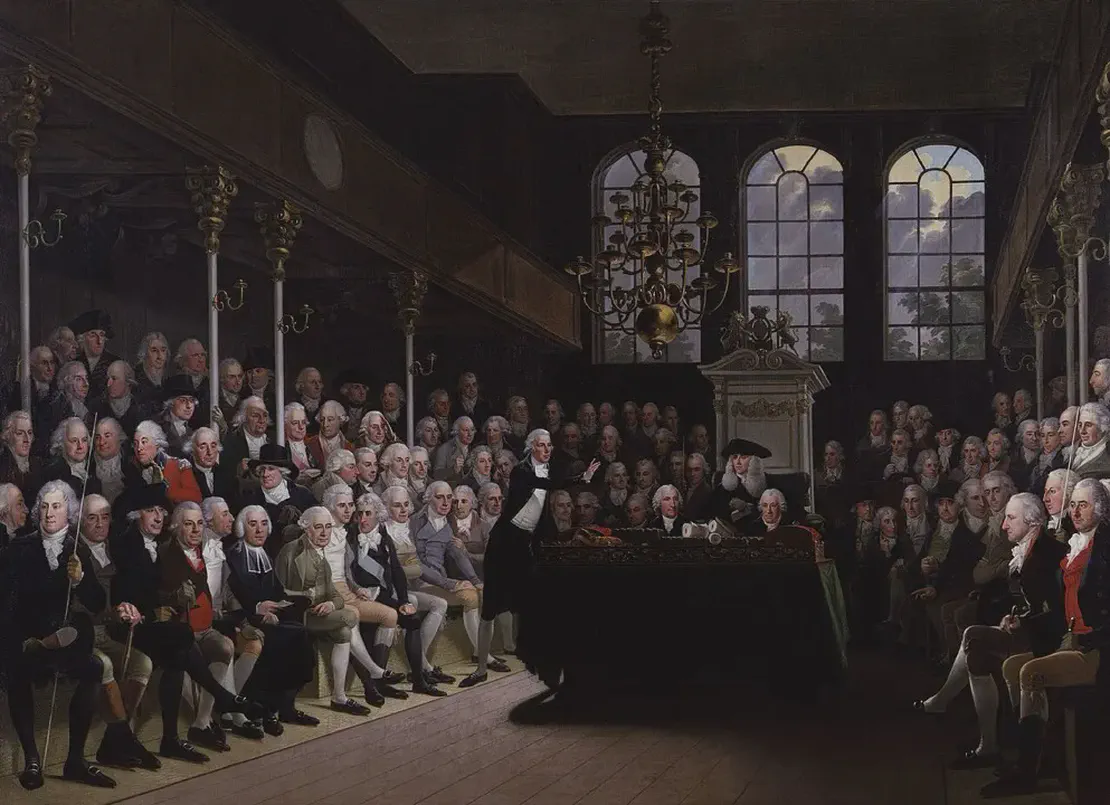
The Reform Bill discussed in the Irish House of Commons in 1784 was part of a wider movement for parliamentary reform in both Ireland and Great Britain during the late 18th century. The context for this bill and similar reform efforts was a period of significant political and intellectual ferment, with the American Revolution having recently concluded and the early rumblings of what would become the French Revolution starting to be felt.
In Ireland, the 1780s were marked by a growing demand for legislative independence from Great Britain and for reforms to make the Irish Parliament more representative of the Irish populace. The Irish Parliament at the time was largely controlled by a Protestant Ascendancy, which meant that the majority Catholic population was excluded from political power, as were many less affluent Protestants.
The specific Reform Bill of 1784 aimed to address some of these issues by proposing changes to the electoral system. However, like many reform efforts of the time, it faced significant opposition from those who held power under the existing system and who stood to lose from any redistribution of political authority.
While the 1784 Reform Bill itself did not result in immediate, significant changes, it was part of a broader movement towards legislative independence for Ireland, which was partially achieved with the Constitution of 1782. This Constitution gave the Irish Parliament freedom to legislate without the need for approval from the British Parliament, although the executive power remained under the influence of the British government through the Lord Lieutenant of Ireland.
The push for reform continued into the late 18th and early 19th centuries, culminating in the Acts of Union 1800, which abolished the Irish Parliament, integrating Ireland into the United Kingdom with a single parliament based in Westminster. The desire for political reform and greater representation would persist, however, eventually contributing to the push for Irish independence and the complex political dynamics of the 19th and early 20th centuries.
Related Content
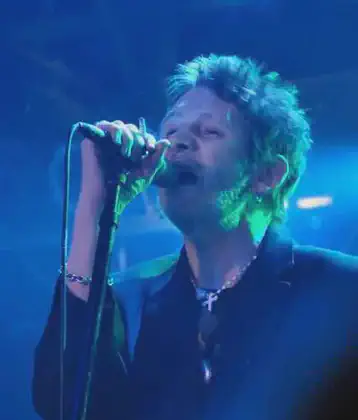
Shane Patrick Lysaght MacGowan, lead singer of the Pogues, died
Shane Patrick Lysaght MacGowan is an Irish-English musician and songwriter, best known as the lead singer and songwriter of the punk band The Pogues.
Read More
St Machar Day, patron saint of Aberdeen
Saint Machar is the Diocesan Patron Saint of Aberdeen; the Feast Day being observed on 12th November.
Read More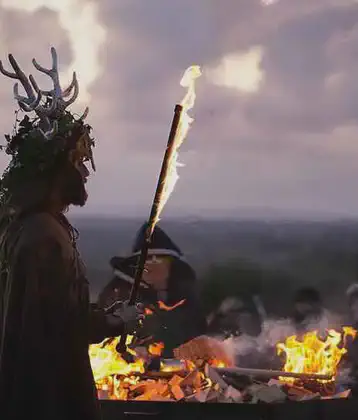
Oíche Shamhna - Cetlic New Year Eve (Halloween)
In Scotland and Ireland, Halloween is known as Oíche Shamhna, while in Wales it is Nos Calan Gaeaf, the eve of the winters calend, or first. With the rise of Christianity, Samhain...
Read More
ALBAN ELFED (Welsh Bardic name for autumn equinox)
Alban Elued, The Light of the Water, the first day of Autumn, was also called Harvesthome. Observed on September 21, the Autumnal Equinox was the day when the sun again began to...
Read More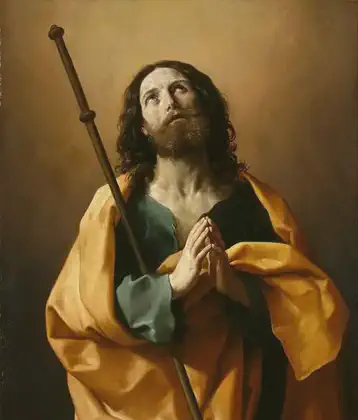
Feast day of St. James
Guinness St. James Gate Since mediaeval times, Dubliners held an annual drinking festival in the Saint’s honor. Fittingly, Guinness chose St. James’ Gate as the site for their...
Read More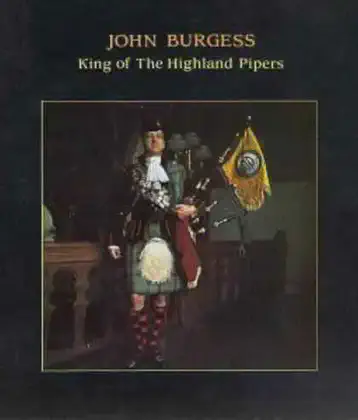
John Davie Burgess, King of the Highland Pipers, died at age 71.
John Burgess died on June 29, 2005 at the age of 71.
Read More
No location specified

No location specified

No location specified

No location specified

No location specified

No location specified

No location specified

No location specified